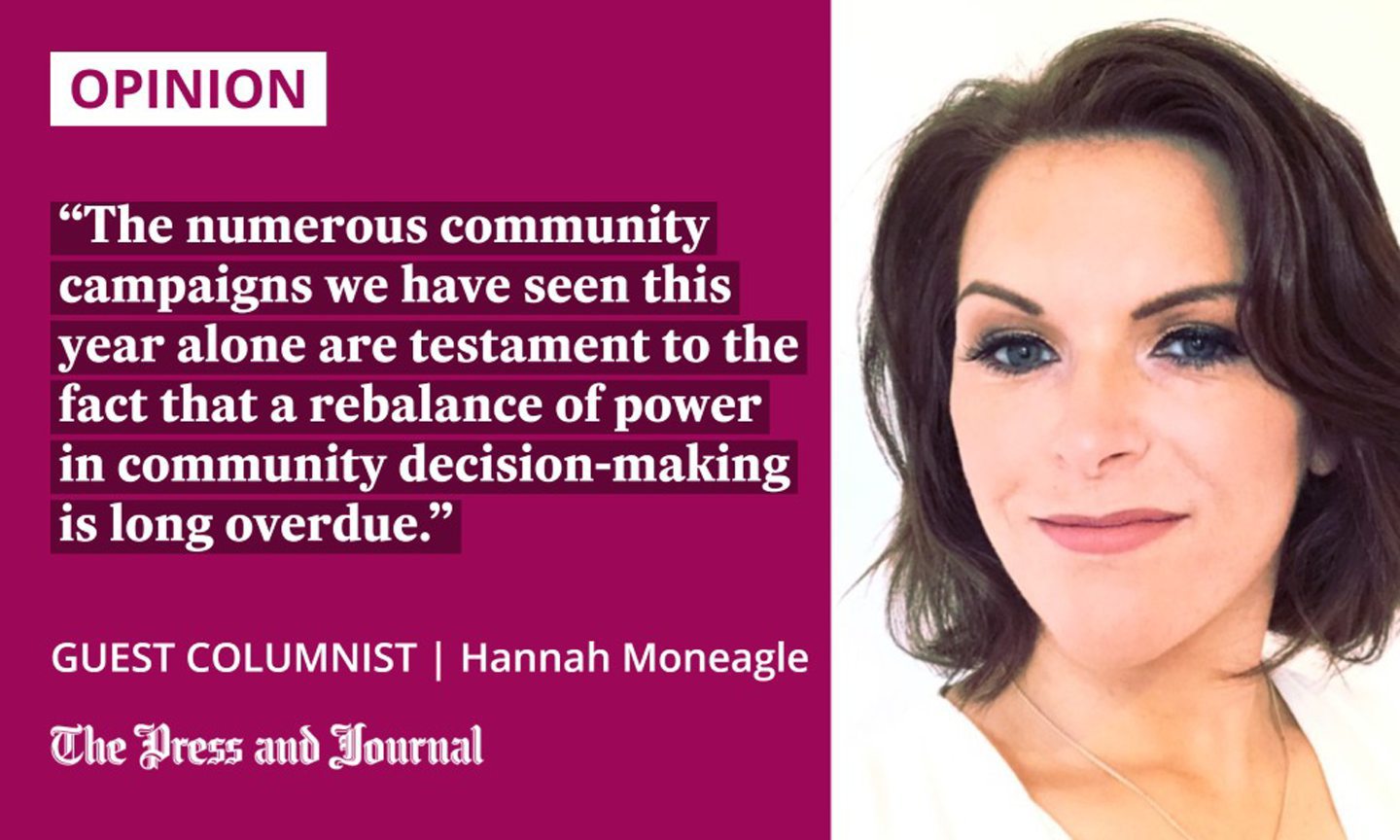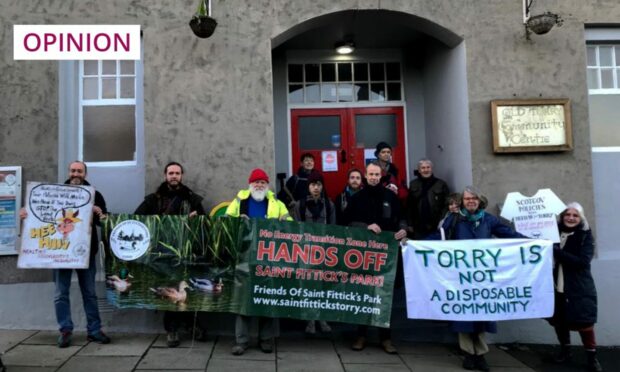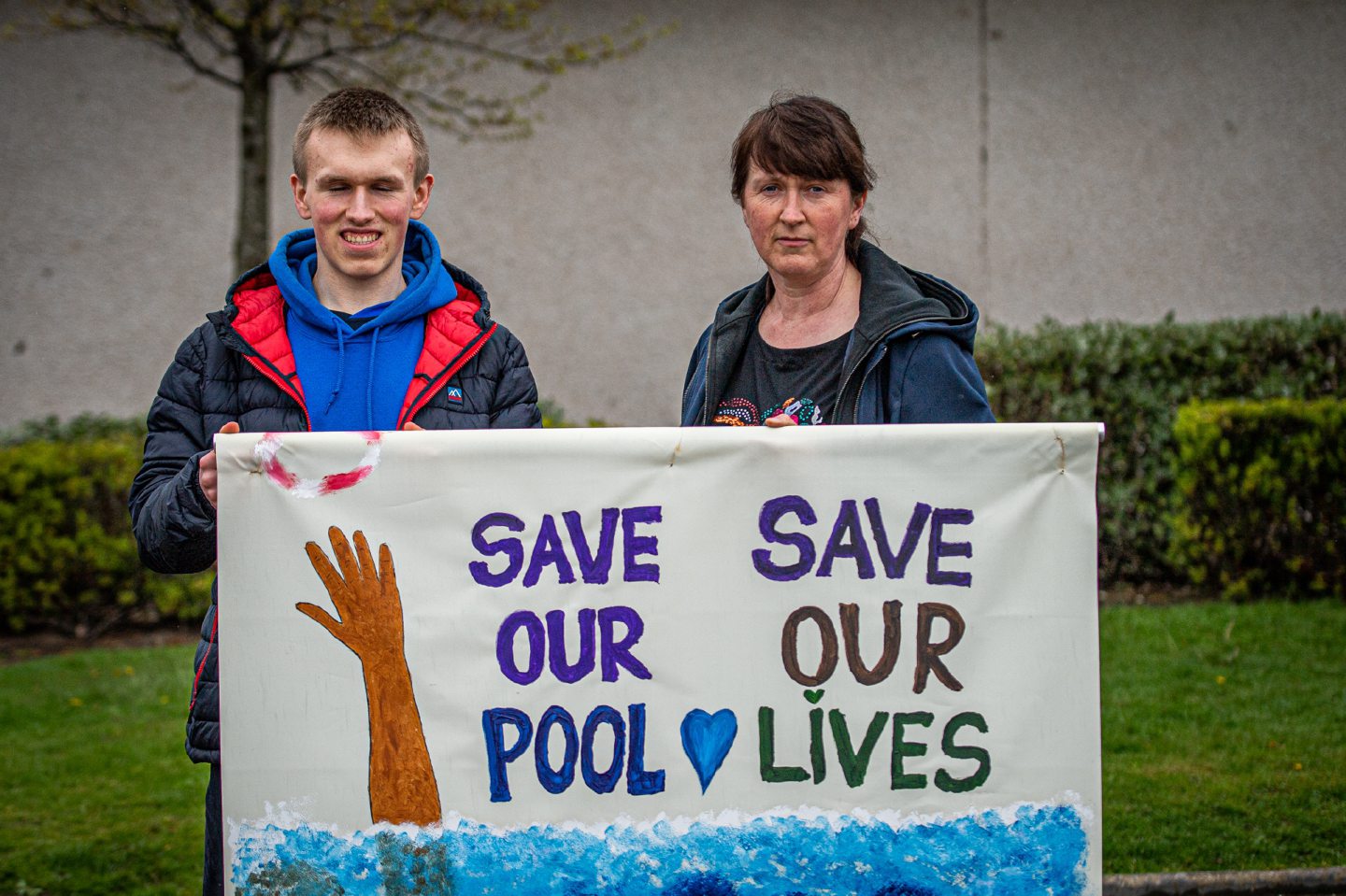Save St Fittick’s Park, Save Our Libraries, Save Bucksburn Swimming Pool, Save the Belmont Cinema. I could go on.
The fact is that communities are tired of important decisions being made about their lives and local areas seemingly without prior consultation or forethought, and instead based solely on monetary considerations.
The term “democracy” derives from Greek, with “demos” meaning the people, and “kratos” meaning rule or power. The Council of Europe’s Manual on Human Rights Education with Young People suggests that democracy can be considered as “power of the people”; a way of governing which “depends on the will of the people.”
In a time of climate breakdown, biodiversity crisis, and the cost-of-living emergency, communities battling to save vital greenspaces and essential services feels a long way from democracy under that interpretation.
The truth is that people are now more aware of their rights, and feel very strongly about protecting and utilising these when they need to do so. The difficulty lies in access to justice, and an imbalance of power.

We often see rallies, protests and petitions setting forth the strength of public opinion on community matters. The issue is knowing where to turn for the legal guidance and support that many campaigns require to take them to the next rung on the ladder.
As the director and principal solicitor at the Grampian Community Law Centre, I have found that our dedicated community and climate clinics have, usefully, started to fill this void.
Our community clinic is currently supporting the Save Our Libraries and the Save Bucksburn Swimming Pool campaigns, while the climate clinic is working with Friends of St Fittick’s Park to try and prevent the inclusion of Torry’s cherished greenspace in the proposed energy transition zone.
A small band of people can cause big waves
I was involved in the successful Slochy Woodlands campaign, which prevented a Moray forest from destruction, and it reinforced my view that even a small band of people can cause big waves with the right leadership. And, whilst I have found the same tenacity and drive in the St Fittick’s Park campaign, I have also found an overwhelming sense of community spirit amongst the Torry people.
They care deeply about their community, its members and its history. The sense of indignation surrounding the park campaign and other recent community developments has resulted in the establishment of a People’s Assembly for Torry, enabling the community to come together and plan how they will address local challenges, protect what they care about and secure what they need.
The numerous community campaigns we have seen this year alone are testament to the fact that a rebalance of power in community decision-making is long overdue. Perhaps people’s assemblies are a step towards achieving this. As Helen Keller famously said: “Alone we can do so little; together we can do so much.”
Hannah L Moneagle is director and principal solicitor at Grampian Community Law Centre, and a law lecturer at Robert Gordon University’s Law School


Conversation